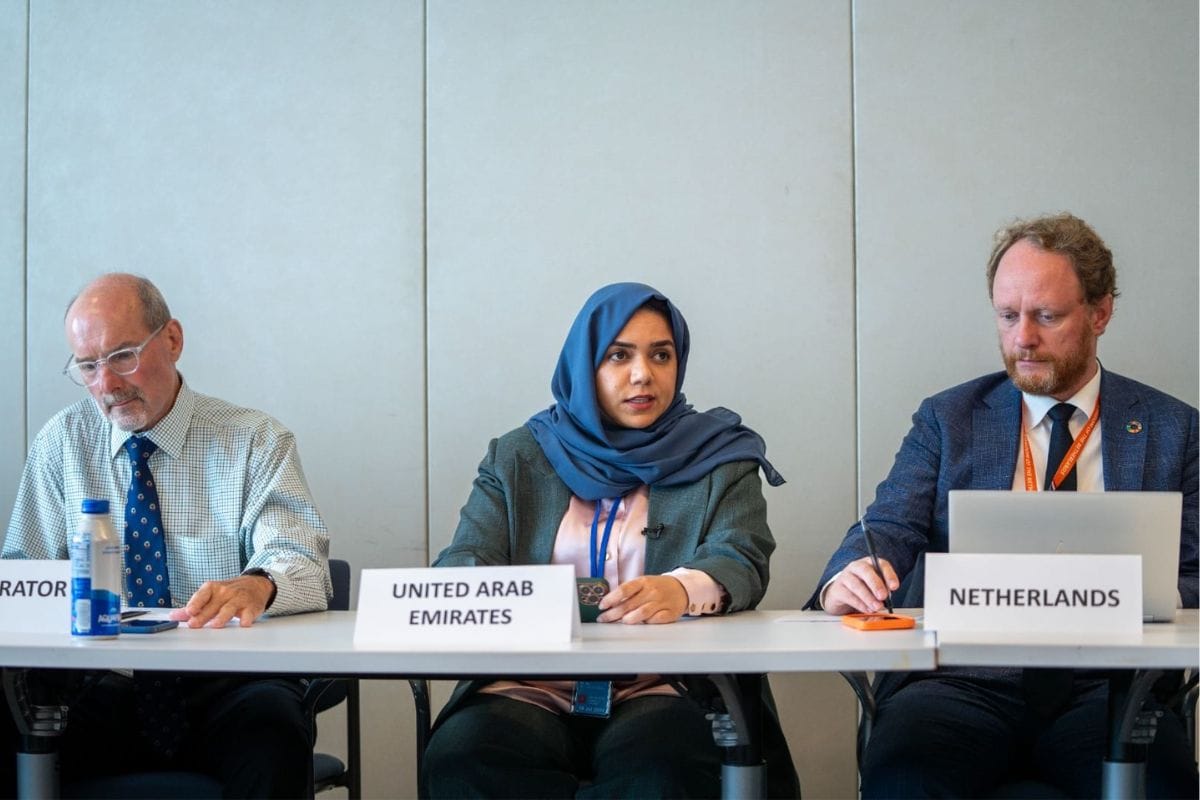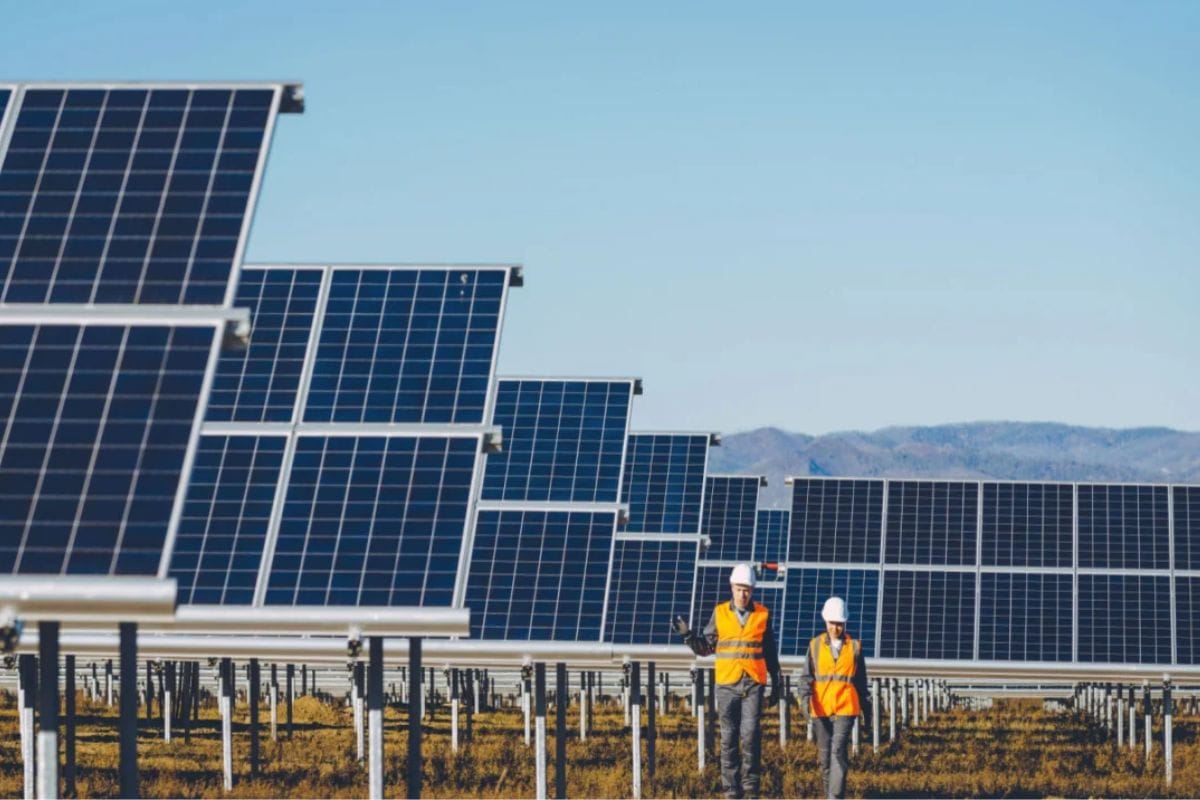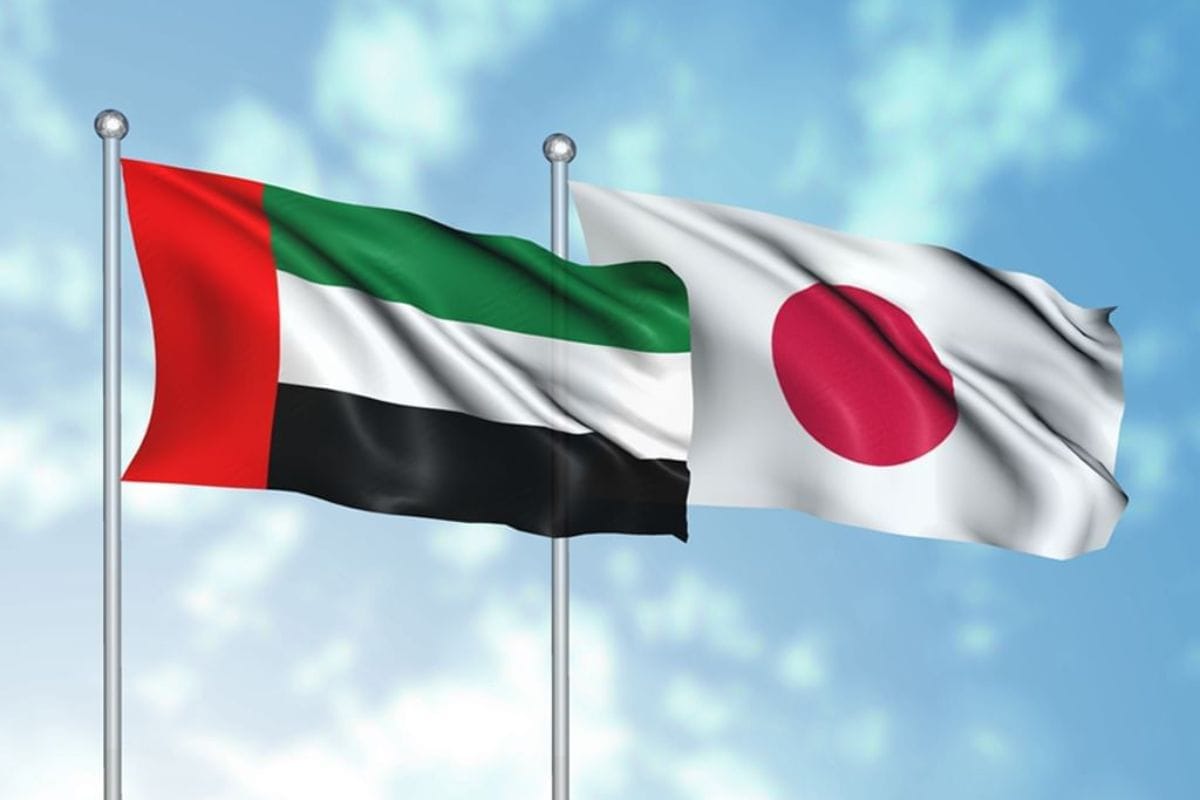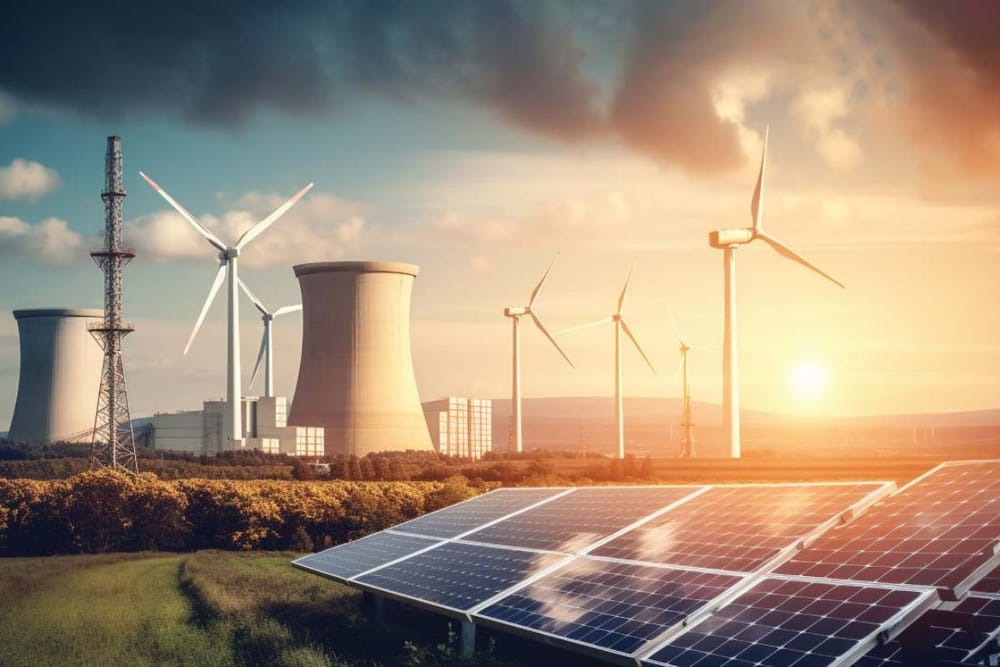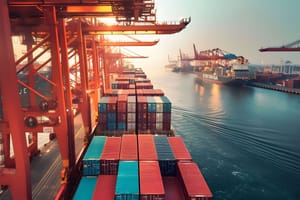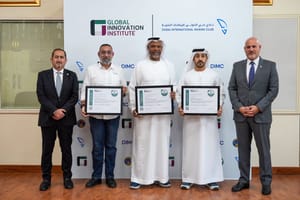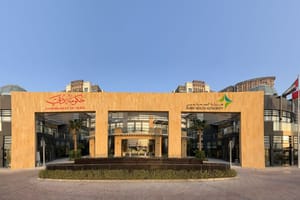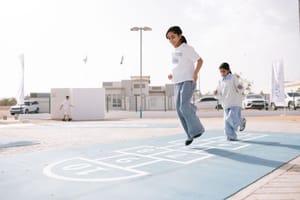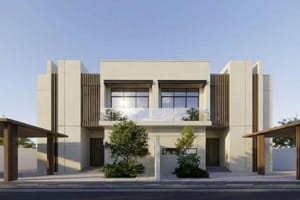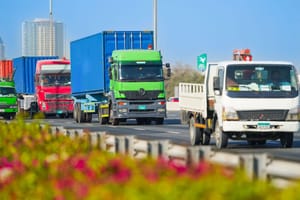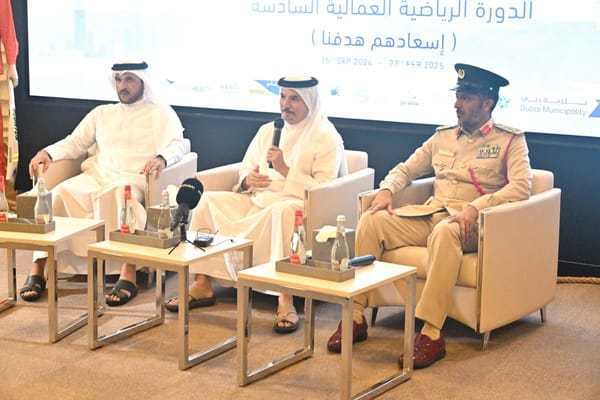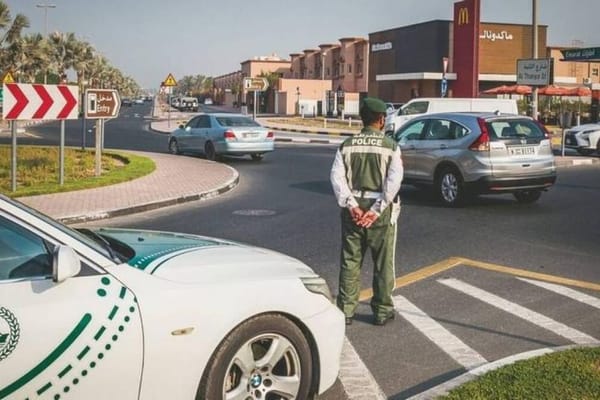The United Arab Emirates (UAE) is known globally for its vast oil reserves and significant contributions to the energy market. However, as global priorities shift towards sustainability and climate action, the UAE is at a critical juncture in its energy landscape.
The nation is actively transitioning from its traditional reliance on oil and gas to embrace renewable energy sources. This transformation is not only a strategic move to ensure long-term energy security but also a commitment to addressing climate change and achieving sustainability goals.
Every investment in the development of clean energy sources is at the same time an investment to protect the environment for future generations.
-His Highness Sheikh Mohammed
This article explores UAE's evolving energy landscape, highlighting key renewable energy initiatives, particularly in wind and solar power, and examining the steps being taken to ensure a sustainable future.
Current Energy Landscape
Oil and Gas Dependency
Historically, the UAE’s economy has been heavily reliant on oil and gas, which have been the cornerstone of its economic growth and development. The oil sector alone has contributed significantly to the country's GDP, creating a robust foundation for its infrastructure and economic stability. The UAE’s oil reserves are among the largest in the world, and the country has utilized these resources to position itself as a major player in the global energy market.
As of 2023, oil and gas still dominate the UAE’s energy production, with oil accounting for approximately 80% of its total energy production. This dependency on fossil fuels has driven the UAE to explore alternatives that align with global sustainability goals and address climate change concerns. The UAE has set ambitious targets to reduce its carbon footprint and diversify its energy sources, reflecting a significant shift in its energy strategy.
Current Energy Production
In recent years, the UAE has made substantial strides in energy production beyond fossil fuels. The country’s energy mix now includes a growing share of renewable energy sources, particularly solar and wind power. According to recent data, renewable energy now constitutes around 20% of the UAE’s energy production, a notable increase from previous years. This progress is largely attributed to major projects and government initiatives aimed at reducing reliance on oil and gas.
The shift towards renewable energy is evident in the UAE’s energy statistics, which show a gradual increase in the share of clean energy sources in the national grid.
Renewable Energy Initiatives
Solar Power
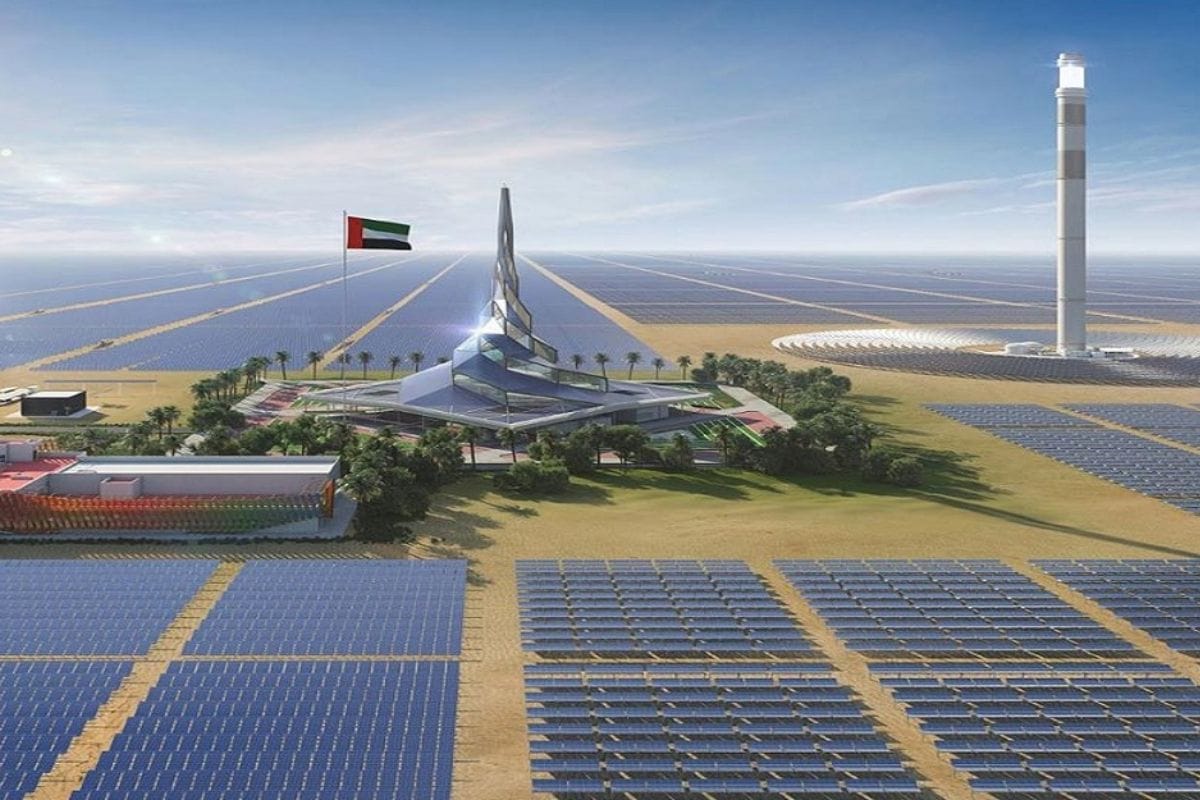
Solar power has emerged as a cornerstone of the UAE’s renewable energy strategy. The country boasts several impressive solar projects, including the Mohammed bin Rashid Al Maktoum Solar Park in Dubai. This park, one of the largest single-site solar projects in the world, aims to generate 5,000 megawatts (MW) by 2030. As of 2024, Phase 3 of the park alone has a capacity of 800 MW, reflecting Dubai’s commitment to harnessing solar energy.
The success of the Mohammed bin Rashid Al Maktoum Solar Park is a testament to the UAE’s dedication to advancing solar technology and expanding its renewable energy capacity. The project not only contributes to the country’s clean energy goals but also sets a global benchmark for solar power projects.
Wind Energy
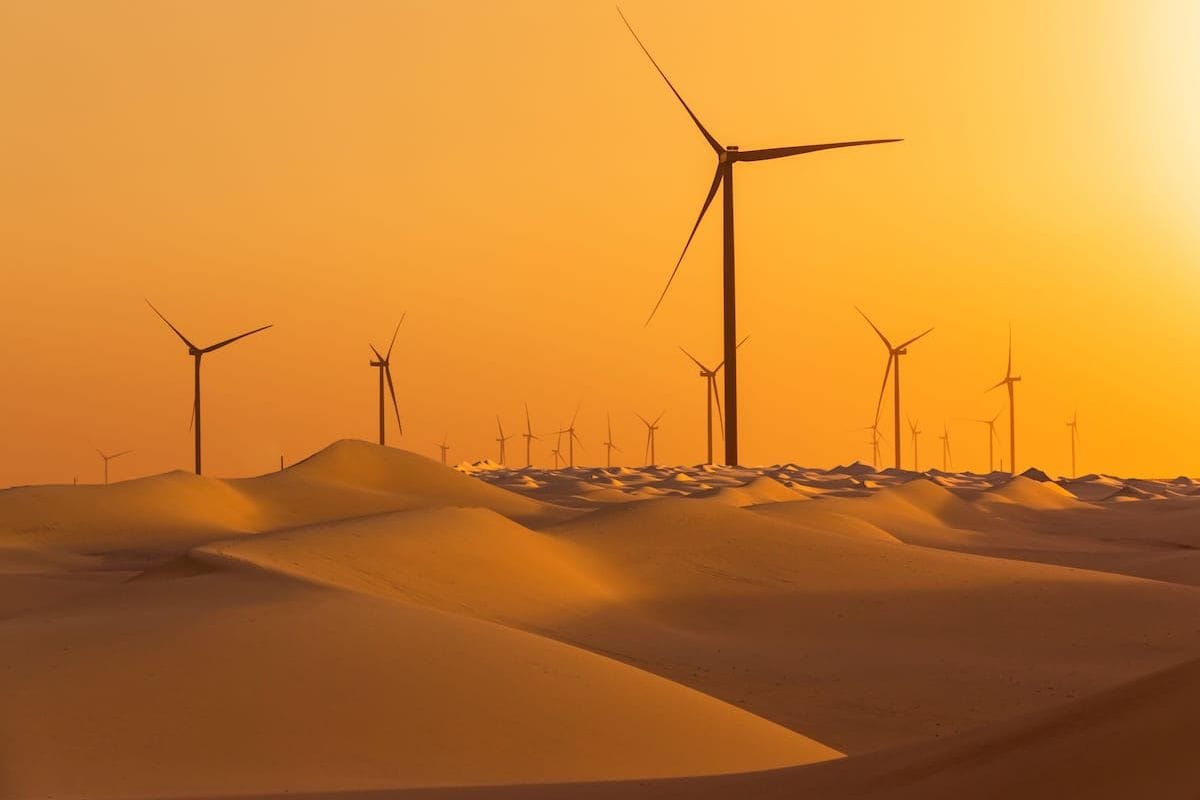
Wind energy is another crucial component of the UAE’s renewable energy strategy. Despite the UAE’s traditionally low wind speeds, the country has made significant investments in wind energy projects. The first wind turbine in the region was installed on Sir Bani Yas Island, with a capacity of 850 kW/h. This pioneering project demonstrated the feasibility of wind energy in the UAE and set the stage for further developments.
Dubai has also identified Hatta as a key location for the country’s first wind farm, which is expected to have a capacity of 28 MW. This project underscores Dubai’s commitment to diversifying its energy sources and leveraging wind power to meet its sustainability targets.
Notable wind energy initiatives include Masdar’s investment in the Tafila Wind Farm in Jordan, which has a capacity of 117 MW. This project is anticipated to augment Jordan’s power capacity by 3% and serves as a model for the UAE’s wind energy aspirations. Additionally, Masdar has proposed a 30 MW wind energy project on Sir Bani Yas Island, further highlighting the UAE’s commitment to expanding its wind energy infrastructure.
Sustainable Development Goals
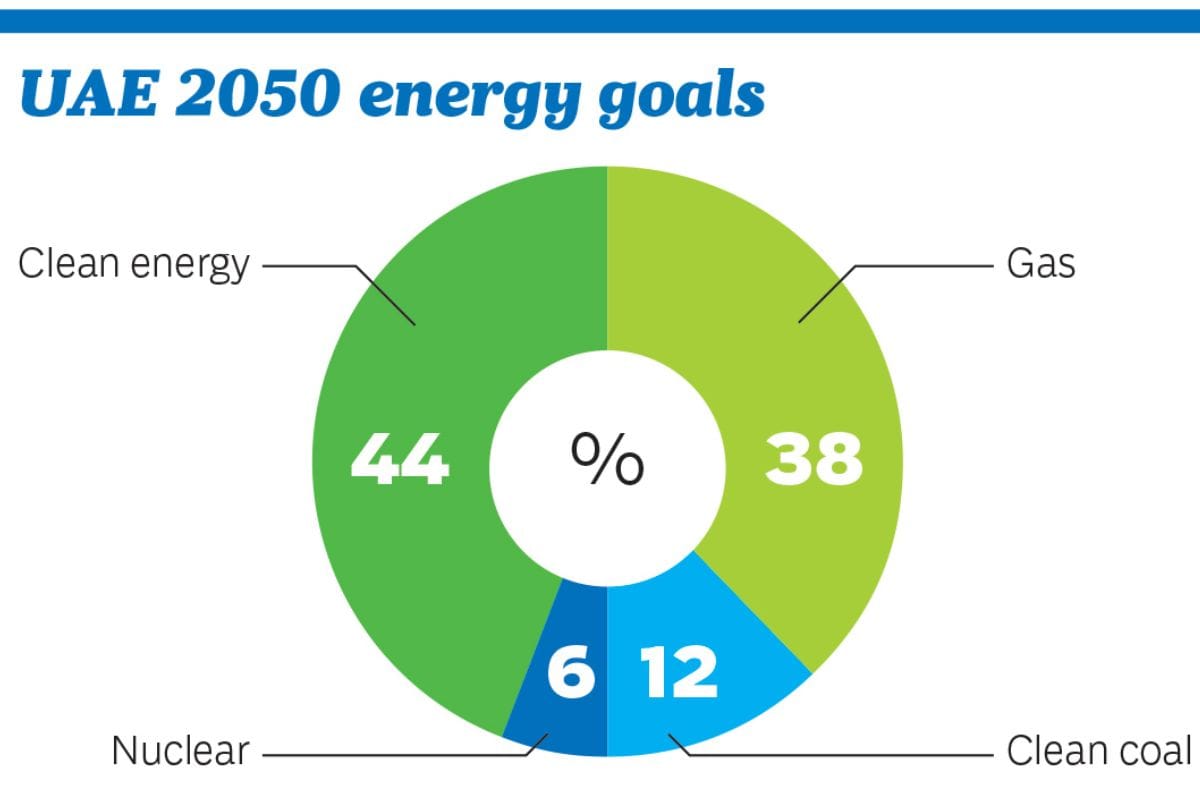
Diversification Efforts
The UAE’s commitment to diversifying its energy sources is evident in its strategic goals and initiatives. The country aims to generate 50% of its electricity from carbon-free renewable sources by 2050. This ambitious target reflects the UAE’s dedication to transitioning to a more sustainable energy system and reducing its reliance on fossil fuels.
Diversification efforts are not limited to renewable energy projects but also include investments in energy-efficient technologies and practices. The UAE’s energy strategy emphasizes the importance of integrating various clean energy sources, including solar, wind, and nuclear power, to achieve a balanced and sustainable energy mix.
Technological Innovations
Technological innovation plays a crucial role in the UAE’s energy transition. The country has invested in cutting-edge technologies to enhance the efficiency and effectiveness of its renewable energy projects. For example, advancements in wind turbine technology have enabled the generation of power from lower wind speeds, addressing one of the primary challenges of wind energy in the UAE.
The UAE’s focus on technological innovation extends to solar energy as well. The Mohammed bin Rashid Al Maktoum Solar Park utilizes state-of-the-art solar technology to maximize energy production and efficiency. These technological advancements are essential for achieving the UAE’s renewable energy goals and maintaining its leadership in the global energy sector.
Challenges and Opportunities
Challenges
Despite significant progress, the UAE faces several challenges in its transition to renewable energy. One of the primary challenges is the relatively low wind speeds in the country, which can impact the efficiency of wind energy projects. Additionally, the cost of erecting wind turbines and the need for supporting infrastructure pose barriers to widespread wind energy adoption.
The UAE’s focus on solar energy has also created a degree of competition for resources and attention within the renewable energy sector. Balancing investments and efforts between solar and wind energy requires careful planning and coordination to ensure the successful integration of both energy sources.
Opportunities
The UAE’s renewable energy initiatives present numerous opportunities for growth and development. Expanding the use of wind and solar energy can help the country achieve its sustainability goals and reduce its carbon footprint. The successful implementation of renewable energy projects also positions the UAE as a global leader in clean energy.
Furthermore, the UAE’s investments in renewable energy technology and infrastructure create opportunities for economic growth and job creation. As the country continues to develop and expand its renewable energy sector, it can foster innovation, attract investment, and create new employment opportunities in the green energy industry.
Future Outlook
Government Plans for Renewable Energy Expansion
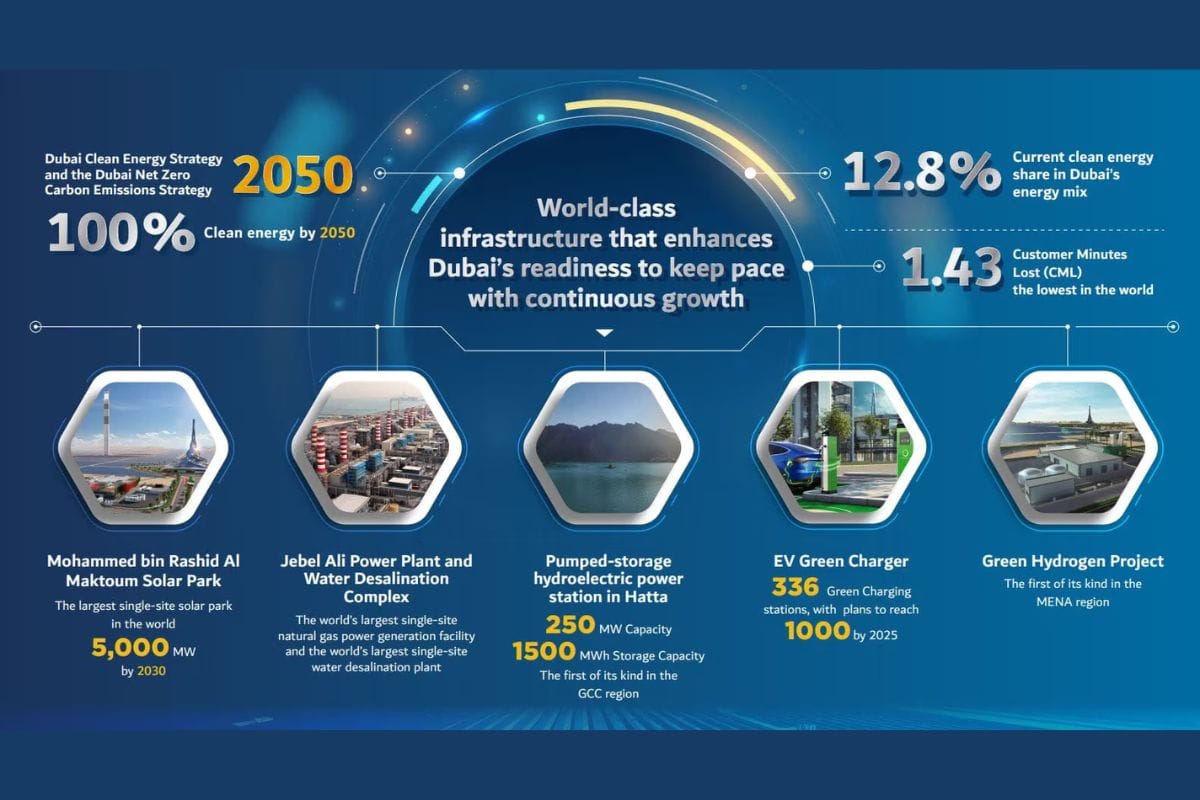
The UAE has outlined an ambitious strategy to enhance its renewable energy sector, focusing on a diverse range of initiatives to achieve its sustainability goals. Here's a summary of the key strategies and projects driving the UAE's renewable energy agenda:
National Energy Strategy 2050: Aims to diversify energy sources and increase the share of clean energy.
- Target: Generate 50% of energy from renewable sources by 2050.
- Focus: Integration of solar, wind, and other renewable sources into the national grid.
Energy Strategy 2050: Includes the development of clean energy technologies and infrastructure.
- Target: Achieve 50% clean energy capacity by 2050.
- Focus: Enhancement of energy efficiency and reduction of carbon emissions.
Dubai Clean Energy Strategy 2050: Aims to make Dubai the city with the lowest carbon footprint globally.
- Target: Generate 75% of Dubai's energy from clean sources by 2050.
- Initiatives: Expansion of solar power projects, including the Mohammed bin Rashid Al Maktoum Solar Park.
Masdar City: A model for sustainable urban development and clean energy.
- Focus: Development of renewable energy technologies and smart grid solutions.
- Projects: Masdar City is working on several renewable energy projects, including solar and wind farms.
Mohammed bin Rashid Al Maktoum Solar Park: One of the largest solar parks globally.
- Capacity: Expected to reach 5,000 MW by 2030.
- Initiatives: Includes phases with various capacities, contributing significantly to Dubai's clean energy targets.
Hatta Wind Project: A major wind energy initiative in Dubai.
- Capacity: First wind project with a capacity of 28 MW.
- Focus: Harnessing wind energy in the Hatta region to complement Dubai's renewable energy mix.
International Partnerships: Collaboration with global entities to advance renewable energy projects.
- Example: Agreement with Egypt to develop one of the largest wind farms.
- Objective: Enhance global renewable energy efforts and support Egypt's sustainability goals.
These strategies underscore the UAE's commitment to transitioning to a more sustainable energy future, leveraging innovative technologies and international cooperation to meet its ambitious renewable energy targets.
Global Impact
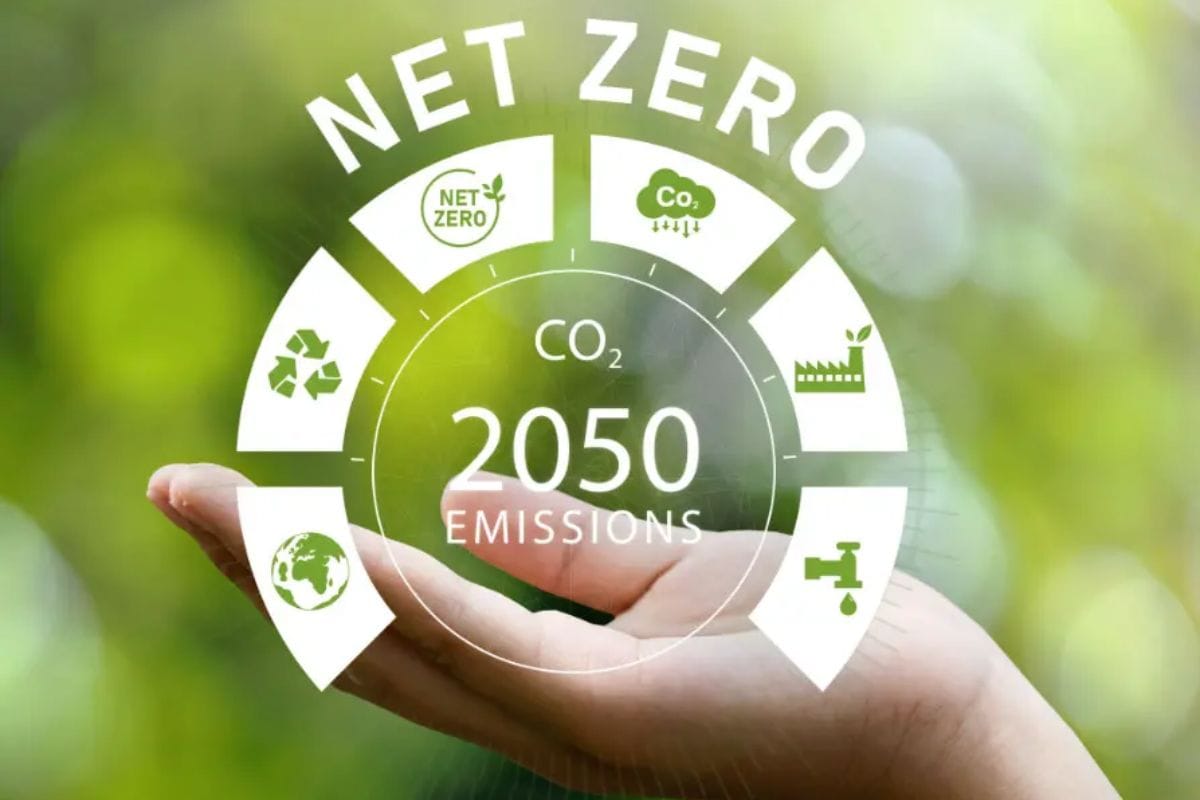
The UAE’s renewable energy efforts have a significant impact on the global energy landscape. By investing in clean energy projects and advancing technological innovations, the UAE contributes to the global transition to sustainable energy. The country’s leadership in renewable energy serves as a model for other nations and underscores the importance of international collaboration in addressing climate change.
The UAE’s involvement in global initiatives, such as the wind farm project with Egypt, highlights its commitment to supporting international efforts to achieve net-zero emissions and promote sustainable energy practices. These collaborations enhance the UAE’s role as a global leader in clean energy and reinforce its dedication to advancing global climate goals.
The UAE’s shift from oil and gas to renewable energy highlights its commitment to sustainability and innovation. By diversifying its energy sources and advancing wind and solar projects, the UAE is not only meeting national sustainability goals but also playing a leading role in global climate efforts. This transition sets a benchmark for other nations and ensures a cleaner, greener future for the UAE and beyond.
All the data sourced in this article is from official government websites.
Also Read:

